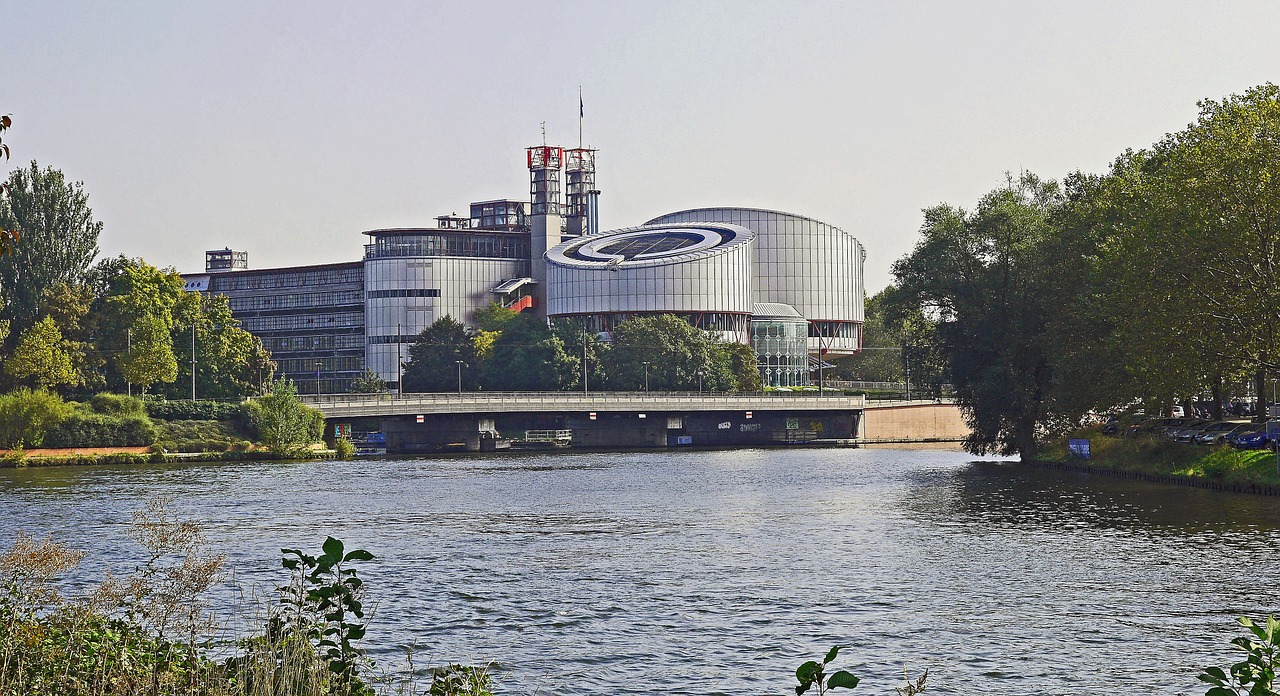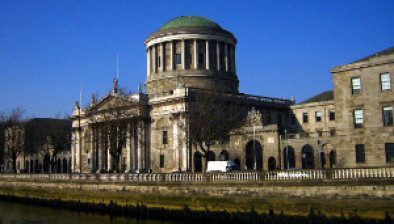ECtHR: UK can extradite man to US despite concern over life imprisonment without parole

The extradition of a man from the UK to the USA to face trial for drug dealing and trafficking — with the possibility of being sentenced to life imprisonment without parole — would not violate his human rights, the European Court of Human Rights (ECtHR) has ruled.
In the Grand Chamber judgment in Sanchez-Sanchez v. the United Kingdom, the court held unanimously that the extradition would not violate Article 3 (prohibition of inhuman or degrading treatment) of the European Convention on Human Rights.
The court found that, while the principles set out in the court’s previous case law must be applied in domestic cases, an adapted approach was called for in an extradition case such as this, where the applicant has been neither convicted nor sentenced, and where the finding of a violation could prevent him from standing trial.
It subsequently overruled the case-law in Trabelsi v. Belgium for this non-domestic case, underlining, however, that that in no way undermined its position that the extradition of a person by a contracting state raised problems where there were serious grounds to believe that he would run a real risk of being subjected to treatment contrary to Article 3 of the ECHR in the requesting state.
In extradition cases, the court held that, first, it was up to the applicant to demonstrate that there was a real risk that, if convicted, he would be given a sentence of life imprisonment without parole.
Then, in keeping with the essence of the case law in Vinter and Others v. the UK, the sending state must ascertain, prior to authorising extradition, that a mechanism of sentence review existed in the requesting state which would allow the domestic authorities to consider the prisoner’s progress towards rehabilitation or any other ground for release based on his or her behaviour or other circumstances.
In the case of Mr Sanchez-Sanchez, the court held that he had not shown that, in the event of his conviction in the US of the offences charged, there would be a real risk that he would be given a sentence of life imprisonment without parole. There was therefore no need to carry out the second stage of the analysis.
The judgment is final. The court also decided that the interim measure indicating to the UK government that it should stay Mr Sanchez-Sanchez’s extradition is to be lifted.









